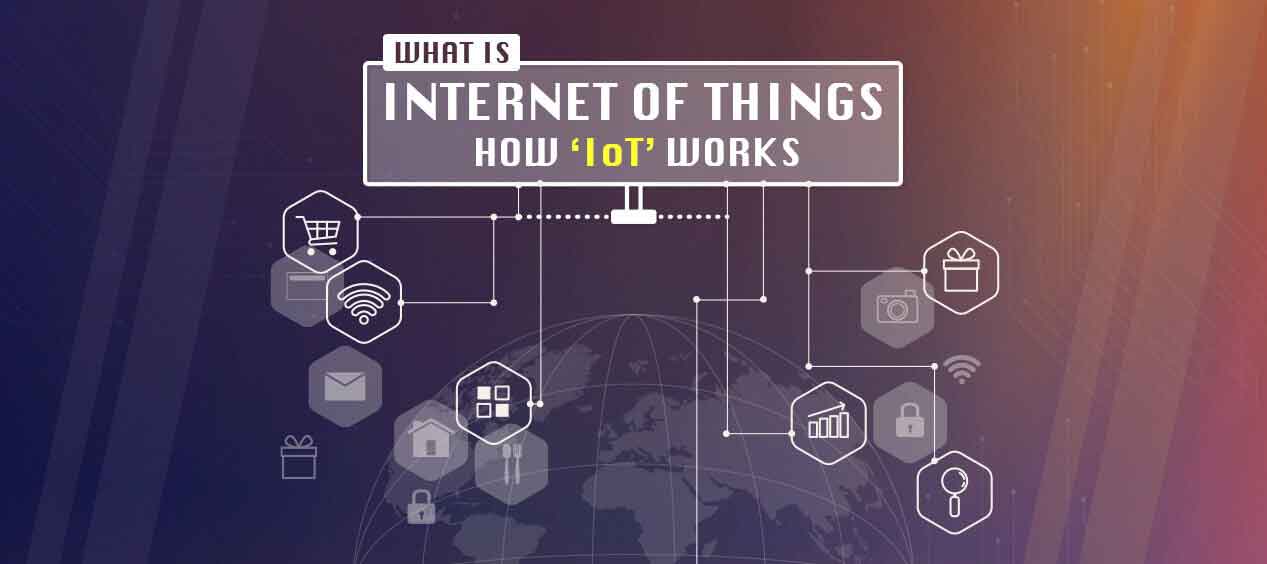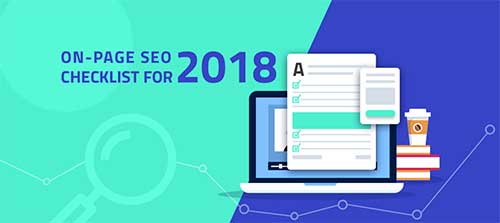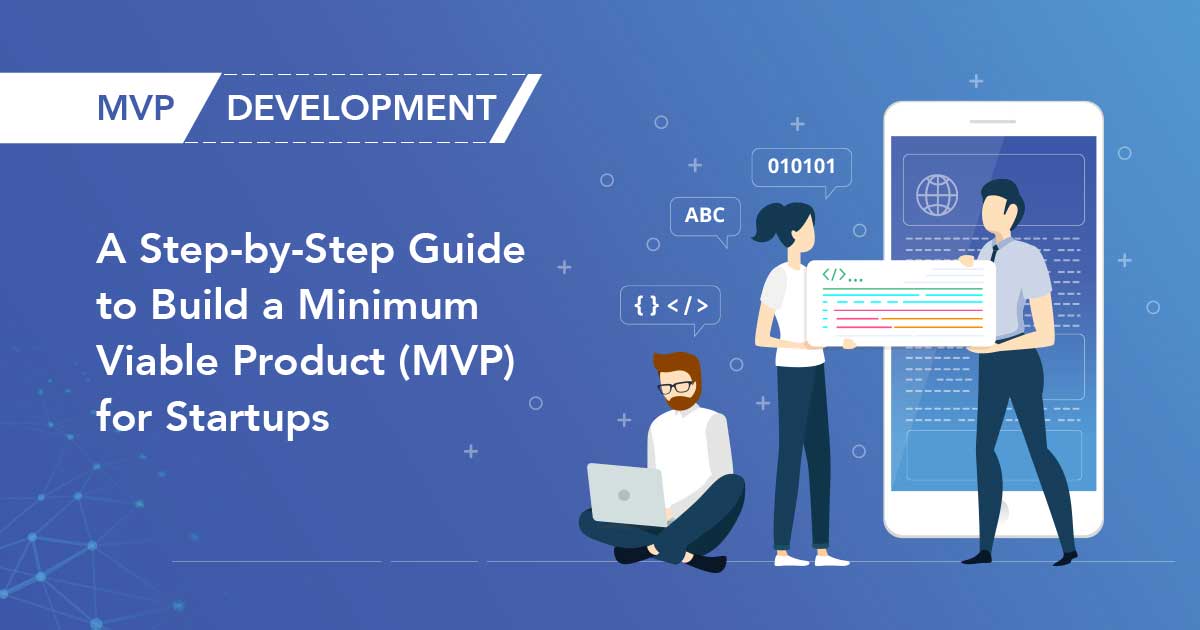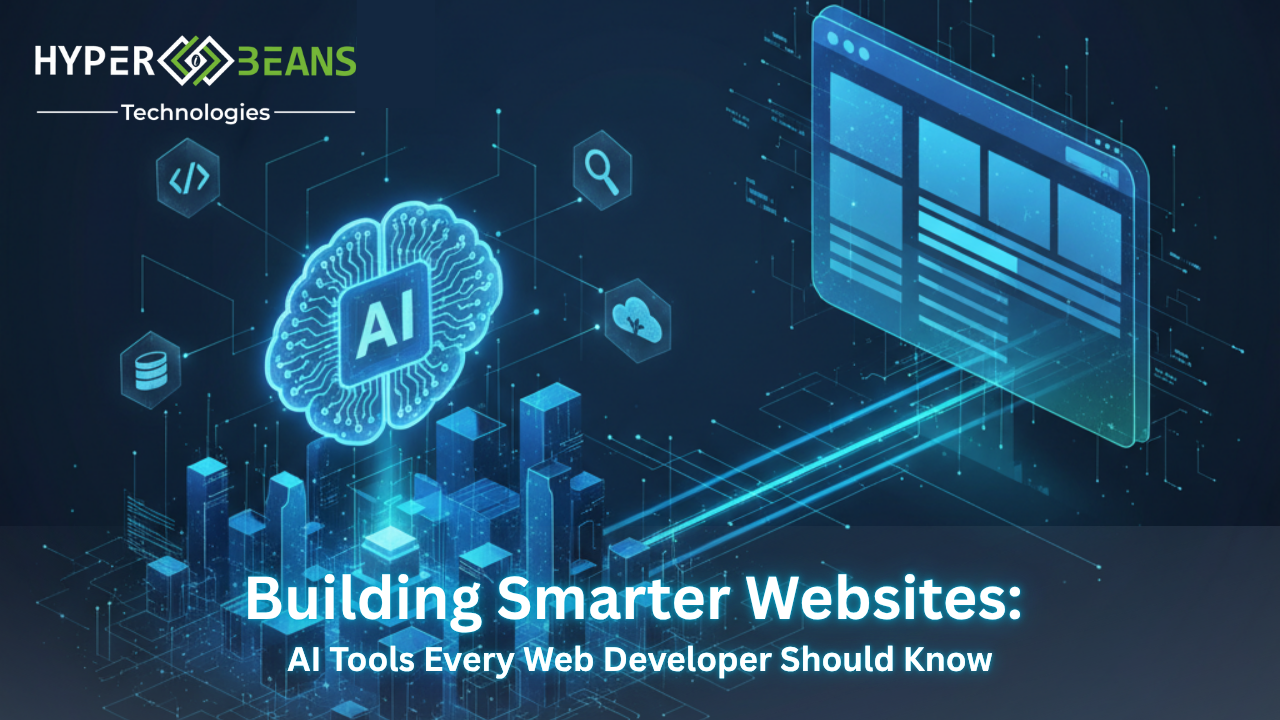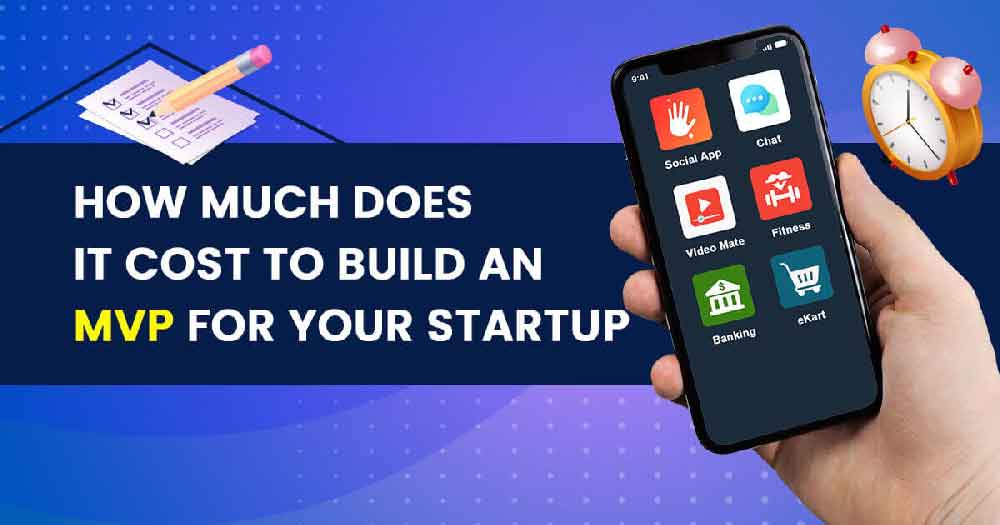In today's digital age, website speed optimization is much more essential in websites. It can vary from an e-commerce website, a blog, to any corporate website; website loading speed is very essential as it impacts business performance directly. The impact on the rate of access of content from the website by the user extends to affecting your SEO (Search Engine Optimization) and your conversion rates.
A fast loading website provides a better user experience and thus gets more engagement, improved search rank, and sales. On the other hand, a slow site can be annoying to your users, cause them to leave, or even harm the performance of your SEO. In this blog, we shall explore just how website speed influences the SEO and conversion rates, putting light on why you should centrally focus on optimizing the website development strategy. Understanding that between speed, user behavior and search engine algorithms, is what will keep your website attracting visitors and converting them into buyers.
The Link Between Website Speed and SEO
A lot of factors determine your ranking in search results as employed by search engines especially Google. While quality and backlinks are essential for any website, the aspect of website speed has gradually emerged as an important ranking factor.
-
Google’s Algorithm and User Experience
Google has stated that user experience is one of the key rankings for its search algorithm. In 2010, page speed became a ranking component for desktop searches, and the company expanded this to include mobile searches in 2018 with the introduction of "mobile-first indexing." Google's algorithm ranks Web sites based on how fast it takes for them to download, especially on mobiles. Websites that load quickly and seamlessly will go up higher in the rankings, but poorly performing sites may lose ground because of their speed.
When you implement website speed optimization, you're improving user experience. That affects your SEO rank. Google is also taking a look at how long it takes for your pages to load, because the slowest sites have the highest bounce rates. The reason users abandon slow-loading websites more often is that, well, Google sees this too and understands that your site isn't providing a good experience.
-
Bounce Rate and Its Effect on SEO Rankings
A website's bounce rate is the number of users who land on the webpage and then exit without interacting with the material on that page. The fact that a bounce rate is high actually proves to search engines that people are not getting what they seek to achieve with your site. That is why they boost their ranks.
Without a doubt, a crucial aspect influencing the bounce rate is speed, which will be presented here. Without any question, slow page loading times have probably been the primary reasons why visitors have left the site without viewing any information there. Research shows that if a website takes three or more seconds to load, 53% of its consumers will leave. You could lower your bounce rate and optimize your SEO performance by doing that.
-
Crawl Efficiency and Indexing
The Googlebot is a crawler that is used by the search engine and has limited budget for crawling your website. Therefore, if your website is slow, the Googlebot will not crawl and index all your pages with effectiveness. This means the slow website reduces the number of crawled pages, and this reduces the chances of your SEO efforts. Improving the speed of a website guarantees that Googlebot will better crawl and index the pages, raising the site's overall search ranking.
How Website Speed Affects Conversion Rates
Another great point of influence is web-site speed. Not only has a bad effect on Search Engine Optimization, but web site speed also directly determines conversion rates. Conversion is that rate of visitors turning out to take the wanted actions like purchase, contact-form, newsletter subscription, or similar on your website.
-
Impact on User Satisfaction and Engagement
User satisfaction is critical to driving conversions. Slow sites frustrate users. Poor experiences are the resulting ones of using slow websites. Most users expect websites to load pretty fast. Even when a website does not meet such expectations, its visitors tend to leave the website. A slow e-commerce website can make potential customers abandon their cart before ordering anything from your website.
On the other hand, better website redesigning services or optimizations that improve in loading time can lead towards better engagement. Fast loading websites provide a seamless user experience and prompt users to interact with their content, explore products or make transactions. The faster the user experience, then it will be more likely users are to stay on your website and complete desired actions toward greater conversion rates.
-
Mobile Optimization and Conversions
The growing trend of mobile usage has brought forth the necessity of quicker mobile website speed than ever before. If your website does not load on a mobile, it will leave in advance of any interaction that it would have had on your content. Moreover, Google’s mobile-first indexing means that a poor mobile experience can hurt both your SEO ranking and conversion rates.
Mobile device websites should be optimized to help improve conversion rates. When website pages load fast on a mobile device, this positively affects the user experience by increasing the conversion rates associated with e-commerce websites in direct proportion. When optimized mobile websites load fast, people will have an easy shopping time and are likely to click through to the completion of a purchase.
-
Impact on Checkout Process for E-Commerce Sites
Checkout for online stores is one of the most important processes regarding conversions. If your site does not load within the necessary time during checkout, chances are higher that customers will leave or abandon their cart. Interestingly enough, 28% of online shopping carts get abandoned solely because of slow sites. A slow checkout page causes frustration and may result in leaving purchase before completing it.
Optimizing the speed of the website, especially while shopping, is sure to improve cart abandonment rates while pushing conversion rates up, allowing customers to easily finish shopping while ultimately increasing overall sales through faster checkout.
-
Customer Retention and Trust
Website speed also influences customer retention. It leaves a bad impression about the business if the website is slow, forcing customers to look for alternative sites. On the contrary, a fast website can instil confidence and trust in your brand. This means that if users consider your website reliable and fast, then they will return for more visits and refer other people to the site.
Fast sites also encourage customer loyalty. If users can access your content quickly and complete transactions with little delay, they tend to become repeat customers and, therefore, increase your conversion rates.
Best Practices for Website Speed Optimization
After establishing the significance of website speed for SEO and conversion rates, let's examine some recommended approaches for speed optimization:
-
Minimize HTTP Requests
Each and everything on a web page such as images, scripts, or stylesheets takes time with an HTTP request. Your website can improve the performance of loading if it produces fewer HTTP requests. You can do this by combining files, using CSS sprites for images, and removing unnecessary plugins or third-party scripts.
-
Optimize Images and Media Files
Large image and video files can slow down your website considerably. To improve website speed, optimize images and media files by compressing them without sacrificing quality. Use formats like WebP for images, which offer excellent compression without losing visual quality.
-
Make use of a CDN (content delivery network)
CDNs refers to a network of distant servers which store static copy files on your site on every server. This can include anything ranging from images to script. This means you can start serving content from the closest server to a user when accessing your site, ensuring quicker load times and general improved website speed.
-
Enable Caching
It lets the user cache certain elements of your website to the user's device. As a result, your users will not need to download such elements every time they return to your website. That way, enabling browser caching would greatly accelerate load times for repeat visitors.
-
Optimize Mobile Website Speed
With mobile optimization becoming increasingly relevant, it is important to keep your mobile website fast. Try to use responsive design in order to make sure that your website adapts quite well to different screen sizes, and focus on keeping the load time for mobile visitors as low as possible.
-
Choose Reliable Hosting Providers
The quality of your web hosting has a big impact on how fast your website loads. Select a hosting company with a solid reputation for speedy and dependable service. You may want to consider managed hosting services, which optimize server performance for you.
How Website Development Companies in USA Can Help
Working with website development companies in USA offers several advantages for businesses looking to improve website speed. These companies have the expertise for proper implementation of advanced optimization strategies for ensuring that your site works flawlessly on each device. By partnering with a skilled developer team, you can make sure that your website will be optimized for both speed in loading and improvement in terms of SEO and conversion rates.
Why You Should Hire a Website Developer for Speed Optimization
For a business that's seeking to enhance user experience, SEO performance, or conversion rates, hiring a website developer for website speed optimization is important. A slow-loading website is frustrating, increases bounce rates, and might even harm your search rankings. Hiring an expert website developer means your page will load fast on all devices and create a wonderful experience for visitors.
A good website developer will use tactics such as minimizing HTTP requests, optimization of images, and utilization of caching. They can also make sure your site is optimized for mobile. Mobile performance has been one of the emerging trends these days.
Improving user experience is also important; website speed optimization is another essential factor for SEO. A fast website will rank faster in the search engines like Google. The slower website, of course, results in lower ranks. This means that by having a professional developer, your website can be optimized both in terms of speed and in front of search engines.
Conclusion
Website speed is, of course, a really critical aspect that directly impacts both the SEO as well as conversion rates. A fast website creates a great user experience resulting in greater engagement, more relevant interactions, and eventually improved rankings in search. In terms of e-commerce websites, an efficient website could really decrease cart abandonment along with increases in sales.
Optimization in terms of website speed can do great improvement with your website performance. Optimizing your website's speed brings you better results from each angle. You either seek the help of web development services to redesign your site, or you hire an experienced team for your purpose to implement strategies on increasing its speed.



